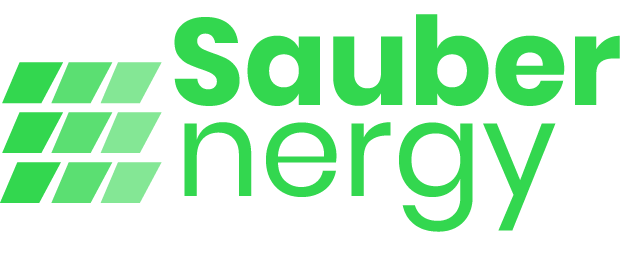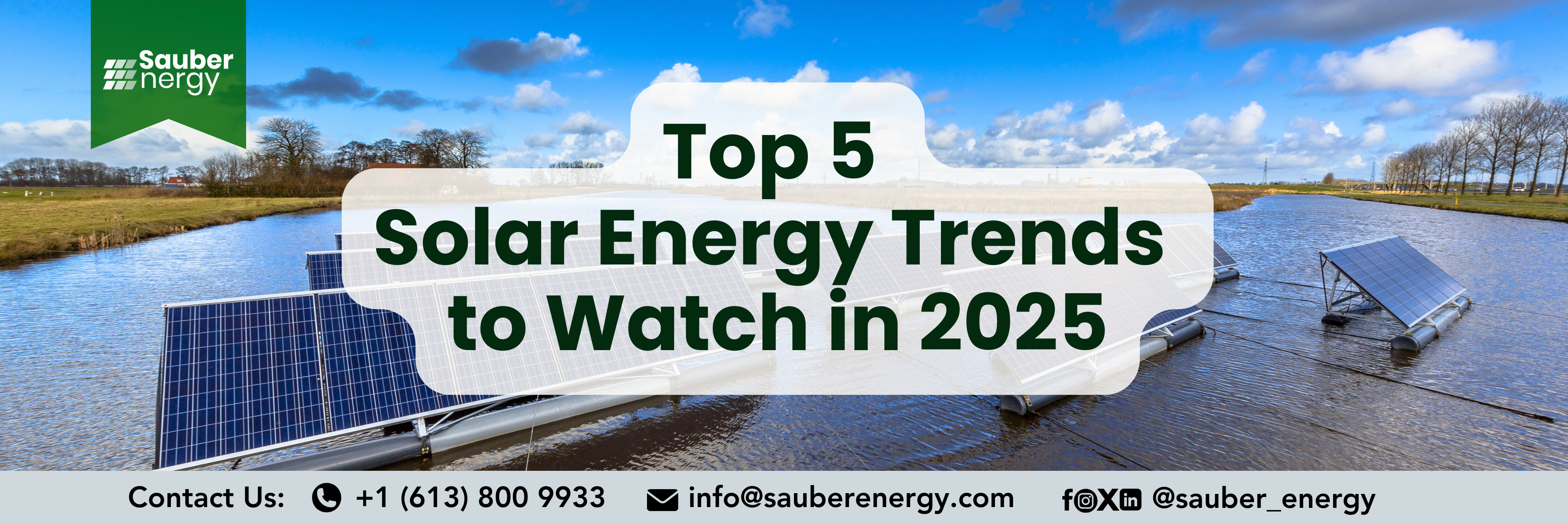In recent years, solar energy has emerged as a promising solution to meet our increasing energy demands sustainably. However, despite its growing popularity, several myths and misconceptions continue to surround solar power. Let’s delve into some of these myths and debunk them with facts:
Myth 1: Solar Energy is Too Costly.
One of the most pervasive misunderstandings about solar energy is its perceived high cost. While installing solar panels involves an initial investment, it’s crucial to consider the long-term financial benefits. Advances in technology and government incentives have significantly lowered the cost of solar installations. Many homeowners and businesses find that the savings from reduced energy bills and potential tax credits offset the initial investment.
Myth 2: Solar Panels Don’t Work Well in Cloudy or Cold Climates.
Contrary to belief, solar panels can generate electricity even under cloudy skies or in colder climates. Although direct sunlight optimizes their efficiency, modern solar technology operates effectively under diffuse light conditions. This adaptability makes solar energy viable in regions with varying weather patterns.
Myth 3: Solar Energy Systems are Unreliable.
There’s a misconception that solar energy systems are unreliable due to their dependence on weather conditions. However, advancements in technology have made solar systems more dependable and resilient. Backup mechanisms and grid-tied solutions ensure a consistent power supply, even during periods of reduced sunlight.
Myth 4: Solar Panels Require High Maintenance.
Another misconception is that solar panels demand frequent and costly maintenance. In reality, solar panels are durable and require minimal upkeep. Routine inspections and occasional cleaning are typically sufficient to keep them operating efficiently. Moreover, reputable solar providers offer warranties that cover equipment and performance, providing reassurance to homeowners and businesses.
Myth 5: Solar Energy is Inefficient.
Some skeptics argue that solar energy is inefficient compared to traditional energy sources. However, modern solar panels boast high efficiency rates, converting more than 20% of sunlight into electricity in some models. Ongoing research continues to enhance solar panel efficiency, making them a competitive and sustainable option for energy generation.
Conclusion
Dispelling these misconceptions about solar energy underscores its viability as a reliable and beneficial renewable energy source. Beyond cost savings and environmental benefits, solar power promotes energy independence and resilience. By debunking myths and understanding the facts, individuals and businesses can make informed decisions about embracing solar energy solutions.
Considering solar for your home or business? Contact SAUBER ENERGY today to explore how solar energy can enhance your sustainability efforts and reduce energy costs. Let’s harness the power of the sun for a brighter future together.




